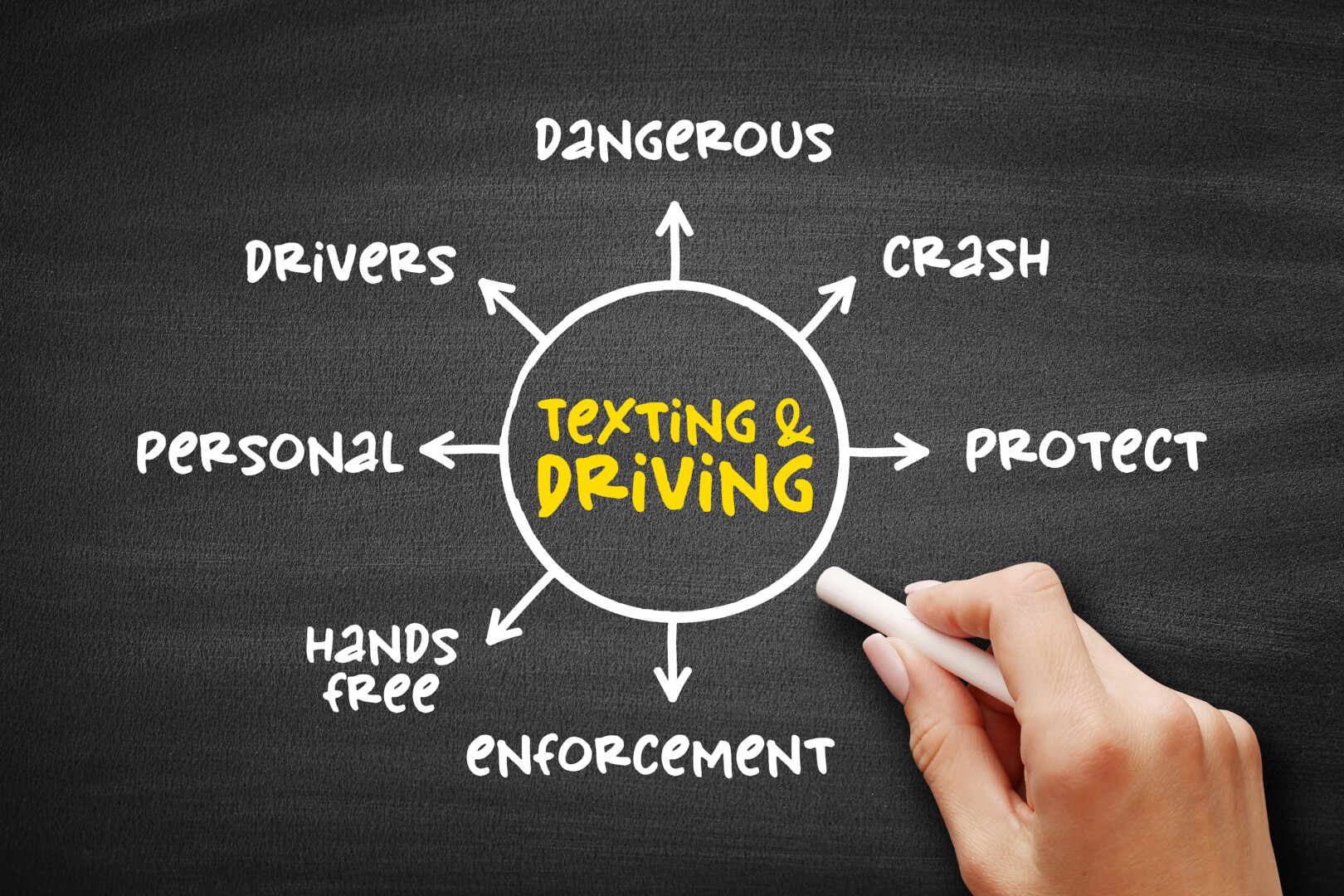The History of Texas' Texting and Driving Legislation
Over the years, Texas lawmakers have attempted multiple times to pass laws that would prohibit texting while driving. While texting and driving is a recognized danger and is illegal in many states, Texas has consistently struggled to implement a comprehensive ban. Here’s a brief overview of the key moments in the legislative attempts:
1. Early Attempts and Setbacks
The first major attempt to pass a statewide ban on texting while driving in Texas came in 2009, when a bill was introduced in the state legislature to prohibit texting while operating a motor vehicle. The bill was met with opposition from various interest groups, including business organizations, who argued that such a law would infringe upon personal freedoms and create enforcement challenges.
2. Local Laws and Partial Bans
In the absence of a statewide ban, many cities in Texas began enacting their own local ordinances prohibiting texting while driving. Cities like Austin, Dallas, and San Antonio implemented their own texting bans, but these laws only applied within city limits, leaving rural and suburban areas without the same protections.
3. 2011 – A Statewide Ban Stalls
In 2011, the Texas legislature again attempted to pass a statewide texting ban. The bill, like its predecessors, received strong support from safety advocates but faced fierce opposition from those who believed it would be too difficult to enforce and would disproportionately affect certain drivers. The bill ultimately failed to pass, and Texas continued to operate without a statewide ban on texting and driving.
4. 2017 – Texas House Bill 62 and Governor Abbott’s Veto
In 2017, Texas lawmakers made another attempt to pass a comprehensive texting and driving ban through House Bill 62. The bill sought to make texting while driving a primary offense, meaning that law enforcement officers could pull over drivers solely for texting while behind the wheel. Despite overwhelming bipartisan support in the state legislature, Governor Greg Abbott vetoed the bill, citing concerns over the “overreach” of government in regulating personal behavior.
5. The Struggle Continues
Although texting and driving remains illegal in Texas under certain conditions, there is no statewide ban. The debate continues to rage over whether a comprehensive ban is necessary to curb distracted driving or whether existing laws are sufficient.
Why the Texting and Driving Ban Faces Opposition in Texas
The repeated failure to pass a statewide texting and driving ban in Texas can be attributed to several factors, including:
1. Personal Liberty Concerns
Opponents of the texting and driving ban in Texas often argue that it infringes upon personal freedom. Some feel that government should not regulate such a personal activity, even if it poses a risk to public safety. This perspective is often rooted in Texas’ long-standing political culture, which values individual rights and limited government intervention.
2. Enforcement Issues
Another concern is the difficulty of enforcing texting bans. Critics argue that it can be challenging for law enforcement officers to determine whether a driver is texting or engaging in other legitimate activities, such as using GPS or making calls on their phone. This has led some to question the effectiveness of such laws, particularly in a state as large and diverse as Texas.
3. Distracted Driving Laws Already in Place
Texas already has laws in place that prohibit driving while distracted. These laws include restrictions on using handheld devices while driving in certain situations, particularly in school zones or construction zones. Critics argue that these existing laws are sufficient to deter dangerous behavior and that a statewide texting ban would be redundant.
4. Political and Lobbyist Influence
Business and lobbyist groups, particularly those representing the technology and telecommunications industries, have historically opposed texting bans in Texas. These groups argue that banning texting while driving would be difficult to enforce and may negatively impact their business practices. Additionally, they contend that education and awareness campaigns are more effective than punitive laws.
Current Texting and Driving Laws in Texas
While Texas may not have a statewide texting and driving ban, there are several steps drivers can take to reduce their risk of accidents caused by distracted driving:
1. Put Your Phone Away
The best way to avoid the temptation of texting while driving is to put your phone out of reach. Place it in the glove compartment or the back seat to avoid the urge to check messages while driving.
2. Use Hands-Free Features
Many smartphones come with built-in hands-free features that allow drivers to make calls, send texts, and access GPS without taking their hands off the wheel. Consider using these features to keep your hands and eyes focused on the road.
3. Use Apps to Limit Distractions
There are several apps available that can help reduce distractions while driving. These apps can block incoming texts and calls or send automatic replies to let others know you’re on the road.
4. Pull Over if You Must Text
If you need to send a text or make a call, the safest option is to pull over to a safe location before using your phone. Even a quick stop can make a huge difference in preventing accidents.



